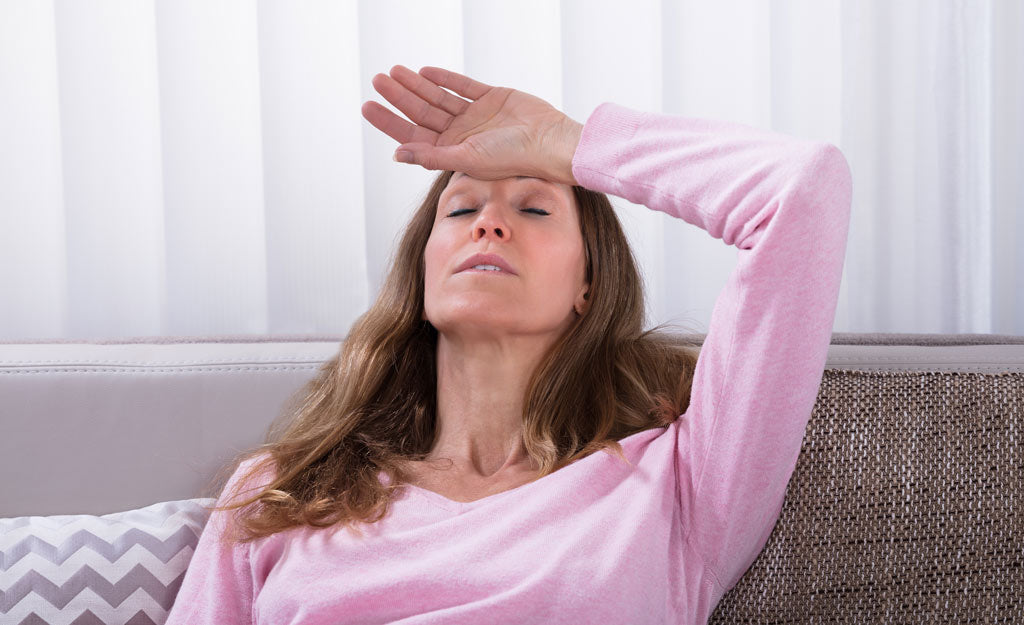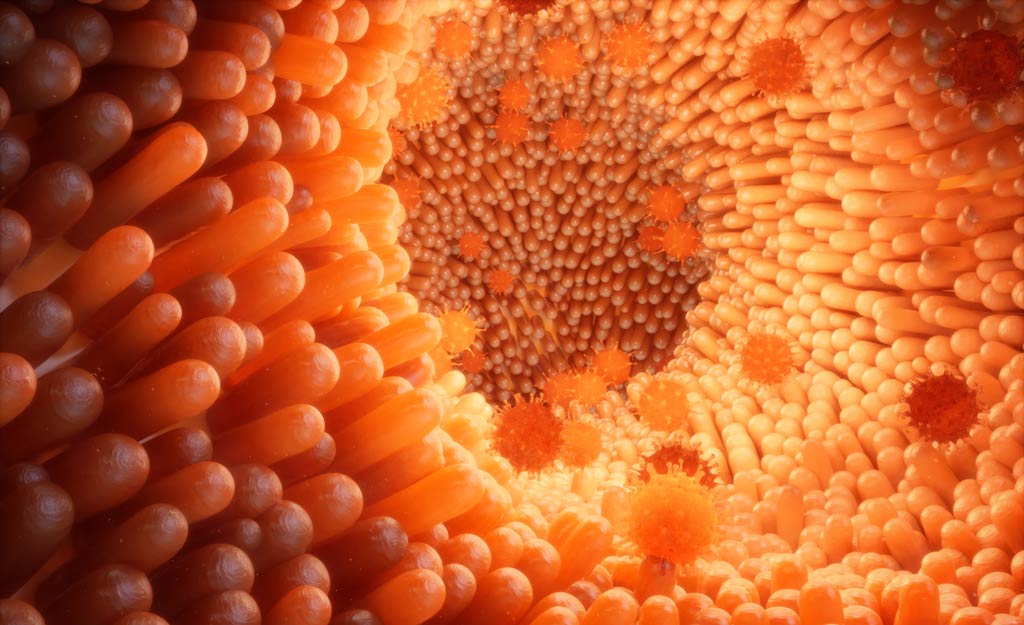Our lifestyles are anything but simple. Most of us find ourselves overworked and exhausted from time to time – or to put it more accurately, all the time.
Fatigue is much more than feeling overworked or just being tired. It creeps into everyday life and affects your physical and mental well-being making it very difficult, if not impossible, to function in daily life.
Fatigue is defined as an ongoing and persistent feeling of weakness, tiredness, and lowered energy levels. Fatigue is particularly frustrating as it has a dual effect on both mind and body, making the completion of everyday routine tasks difficult, if not, impossible.
Fatigue can be a difficult thing to manage as it is such a vague condition. There’s physical fatigue, emotional or mental fatigue, fatigue as a symptom, or fatigue as a disease in itself. Many times fatigue is secondary to another more serious condition or imbalance. If you haven’t zeroed in on the cause of your fatigue, it can oftentimes be linked to your habits and lifestyle
What Does Menopause Fatigue Feel Like?
Fatigue is among the most common symptoms of menopause.
Up to 80% of middle-aged women report experiencing extreme bouts of fatigue at one time or another. Frequent complaints associated with menopausal fatigue include irritability, impatience and the inability to concentrate. Difficult to pinpoint and sneaky in its effects, fatigue can make this already difficult life phase even harder to deal with.
What causes fatigue during menopause?
The main cause of menopausal fatigue is the change in hormone levels. Oestrogen, progesterone, thyroid and adrenal hormones are all involved in regulating cellular energy in the body which, when compromised, can lead to fatigue. Physical menopausal symptoms like night sweats and insomnia also contribute to fatigue.
For women undergoing menopausal transition, hormonal fluctuations that occur naturally during this stage could be the most likely cause of fatigue. Hormones are responsible for controlling energy at the cellular level. When levels of oestrogen and progesterone decrease, so do energy levels. Hormones also play a role in regulating the sleep cycle. These fluctuations affect a woman’s ability to get a good night’s rest, leading to fatigue in the morning.
Other hormones that work to regulate energy levels include melatonin and the thyroid and adrenal hormones. When levels of any of these hormones naturally decrease during menopause, most women feel less energetic and get tired easily. This is what leads to a feeling of persistent fatigue.
While most middle-aged women experience fatigue as a result of hormonal changes that occur naturally during menopause, there are certainly other less common conditions that can cause fatigue.
- Adrenal fatigue and chronic fatigue
- Thyroid dysfunction
- Sleep disorders, sleep apnea and narcolepsy
- Psychological illness, depression and anxiety
- Poor intake of important nutrients for energy production such as B vitamins, iron, iodine, magnesium, folic acid and CoQ10
- Heart disease
- Anaemia
What can you do to improve your energy levels?
The body is cyclic in nature. Supporting it to maintain healthy energy levels is a great way to ensure that you are providing adrenal health and not simply relying on stimulants. If you want to stabilise your energy levels throughout your day without feeling the highs and lows then you need to address the underlying causes of fatigue in order to achieve balance.
The following are some important considerations:
- Exercise daily. It truly is the ultimate fountain of youth. Exercise causes the body to release endorphins or those “feel-good” hormones and improves energy production.
- Avoid caffeine and sugar. Both are stimulants that provide the body with a fake sense of instant energy. As soon as the stimulating effect wears off, you’re down lower than where you started. This can exacerbate your fatigue in the long run.
- Ensure that you are properly hydrated. When you don't drink enough life-giving water and fluids, the body is worn out as it has to work harder.
- Always get a good night’s rest. Quality sleep can be difficult to achieve during menopause as the hormonal changes contribute to poor sleep patterns. Do as much as you can to improve your sleep and the fatigue will reduce eventually.
- Don’t overbook yourself. You may be fatigued because you’re trying to do too much. You are not in charge of the universe so learn to say no. Know what you can and can’t accomplish in a day and set your limits. That way you’ll be less stressed.
- Keep your blood sugar within the ideal range. Stable blood sugar levels help prevent the ups and downs of energy during the day.
- Boost your red blood cells so that you have plenty of oxygen-rich haemoglobin circulating through the body. More greens in your diet (green juices and green smoothies), iron supplementation (if required) and green powders (containing spirulina) help greatly to enhance your RBC count.
- Rebuild healthy GUT bacteria. The best way to do this apart from fermented foods and kefir is via our Happy Greens and Happy Turmeric. Both contain LIVE ferments rather than dormant, free dried probiotic capsules which often pass through your system before activating.









Leave a comment
This site is protected by hCaptcha and the hCaptcha Privacy Policy and Terms of Service apply.